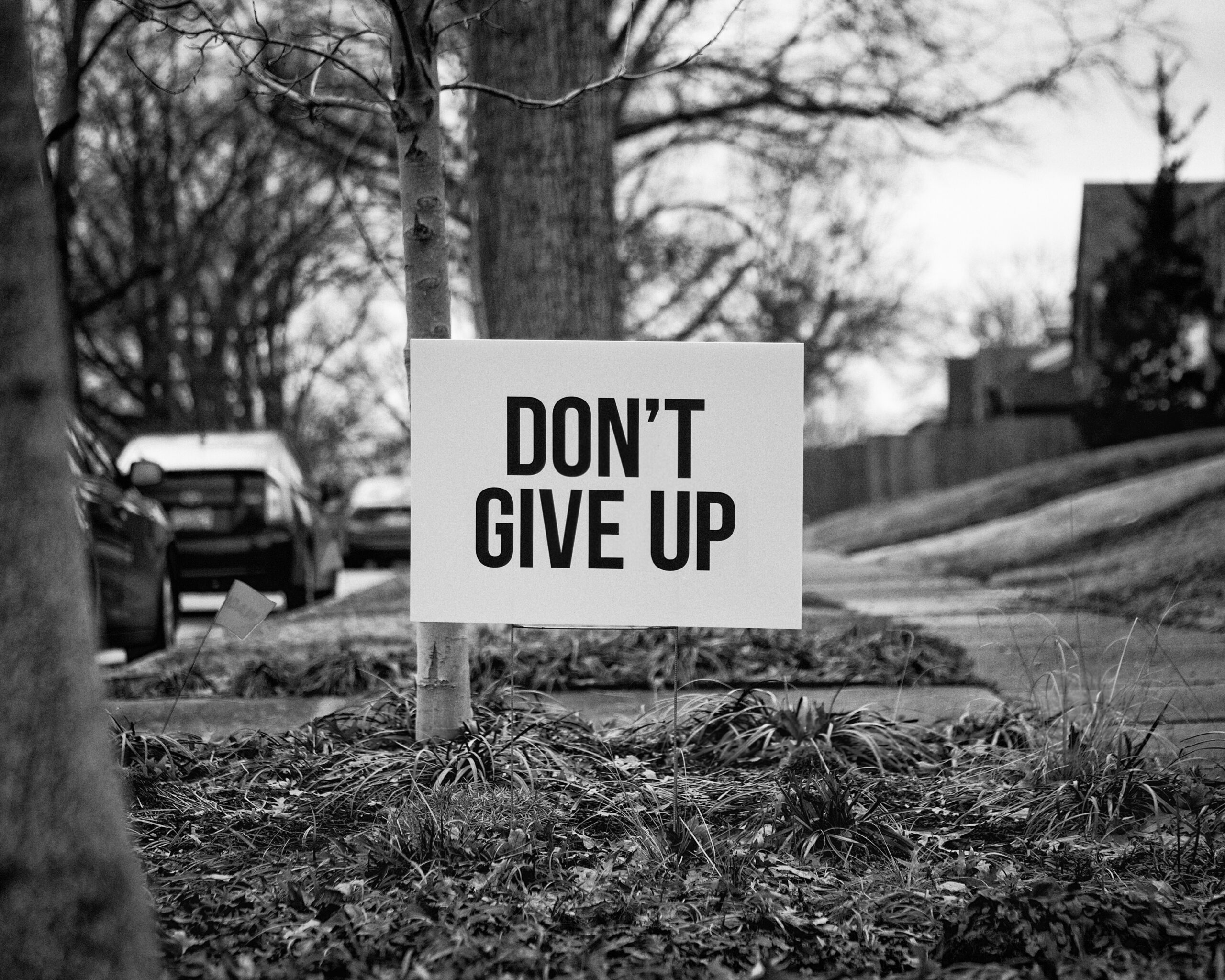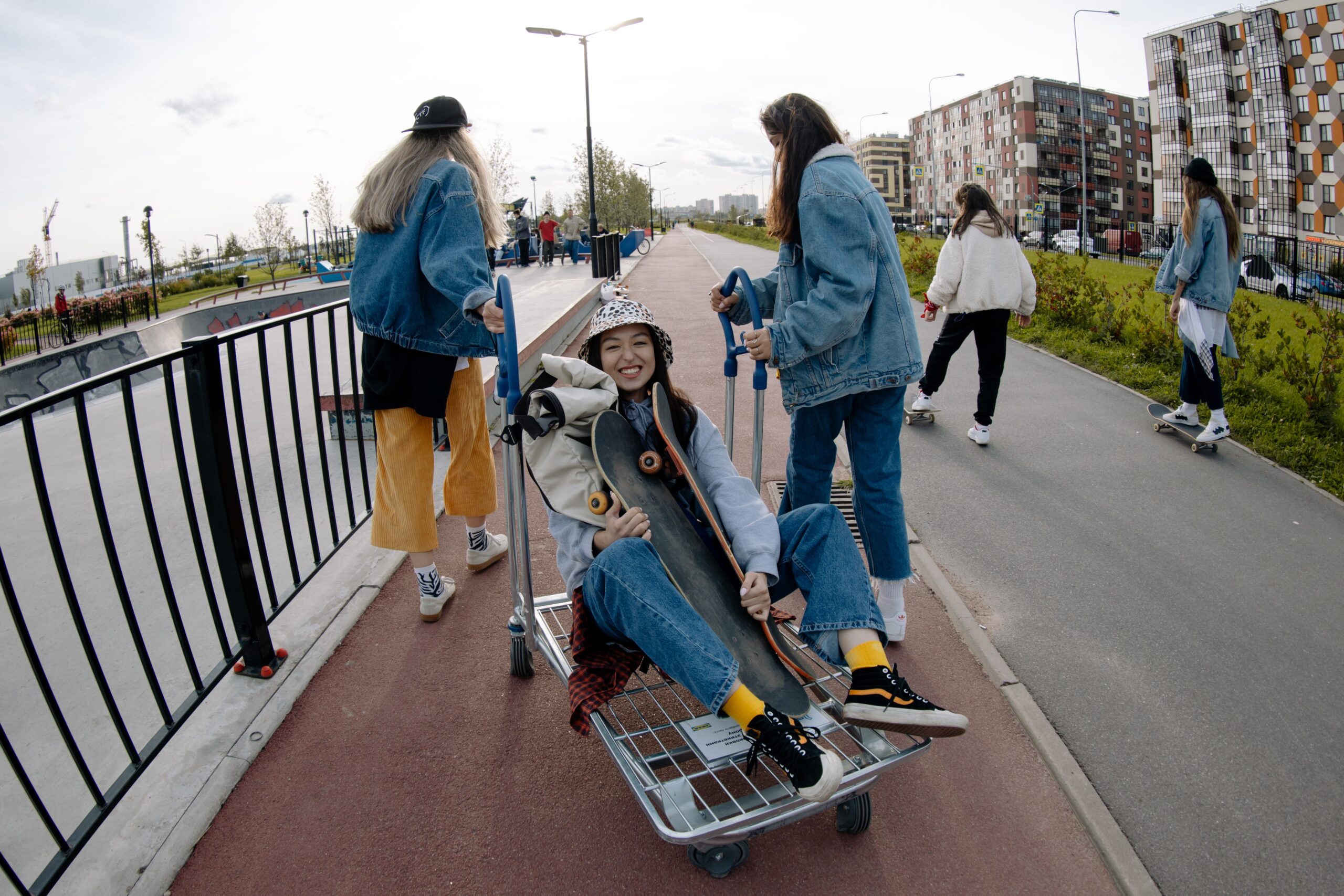
Fighting for Friendship in Your Career
By Tim Elmore
I’ve made two observations about friendships as I have grown older. First, the older I get, the less I feel I need people. I know that sounds arrogant but stay with me. I now enjoy a self-sufficient lifestyle after building social equity over 45 years of a career. My second observation, however, is that the older I get, the more I realize I need people for different reasons—people who are unlike me, and who add an ingredient to my life’s recipe that doesn’t stem from work.
What I’m describing is true for most people. As we age, our circle of friends tends to diminish. We grow tired and don’t feel the energy we enjoyed in college when we had a thousand friends on campus. Unfortunately, the social incentives at work push many of us toward what author and psychologist Arthur Brooks calls “deal” friends. We have a relationship because our jobs have pushed us together. They’re utilitarian. There’s nothing wrong with this, but we can mistake these deal friends for real friends. And we begin to lose our satisfaction with life.
C. S. Lewis put this beautifully, as a Cambridge University professor. After years of a solitary life as an atheist and educator, he came to faith and began to learn about community. Note how Lewis describes the early days of his spiritual journey: “I thought I could do it on my own, by retiring to my rooms and reading theology, and I wouldn’t go to the churches and Gospel Halls.”
Yet he soon found he needed community from different types of people.
“But I wasn’t fond of it,” he writes. “I disliked very much their hymns, which I considered to be fifth-rate poems set to sixth-rate music. But as I went on, I saw the great merit of it. I came up against different people of quite different outlooks and different education, and then, gradually my conceit just began peeling off. I realized that the hymns (which were just sixth-rate music) were, nevertheless, being sung with devotion and benefit by an old saint in elastic-side boots in the opposite pew, and then you realize that you’re not fit to clean those boots. It gets you out of your solitary conceit.”
That last line may be the key. As we age, we can become more solitary and conceited.
Are You Lonely and Alone?
Today, more people feel lonely and experience solitude. I’ve written quite a bit about the growing body of research that shows more people today are living alone, traveling alone, and dining alone. Why? We feel self-sufficient. But we are pretending. Humans are social creatures. Sadly, we don’t want to do the work to cultivate real friends, just “deal” friends, especially at work.
So, this year I took stock of my “deal” friends and real friends.
I have hundreds of “deal” friends. And I enjoy most of them. But they are useful in a work sort of way. My real friends are fewer. Real friends are those relationships that are an end in themselves. They enrich your life, and you enrich theirs. You share things in common and often share common values. Outside of my wife, Pam, I have eight of these. And I feel fortunate.
The average American has roughly sixteen people they would classify as friends, according to a nationwide survey taken by OnePoll in 2019. Of this number, three are “friends for life.” Five are what they call people they really like. The others are not people they’d want to hang out with one-on-one. They are likely “deal” friends.
Three Steps I Take
1. Plan ahead. Place friendship meetings on the calendar upfront. I have my list of people. My friends are busy people. Meetings won’t happen unless I make them sacred.
2. Be intentional about the conversation. For me, it helps to ensure the first 30 minutes are not about “business” or “career” items but about personal happenings, family, etc.
3. Have your questions ready. I bring at least five questions with me to our meetings, so I remember important items I wish to talk about and inquire about. This helps introverts.
I actually gave myself an assignment this year.
As 2024 launched, I made a list of my friends. I came up with 58 people. Loosely defined, this is my community. I noticed so many of my relationships I had left to chance. They were people who walked into my life by happenstance. This doesn’t make them bad, but I want to be more intentional with the people in my life. When I divided them into two columns, “deal” friends and real friends, it became clear that my genuine circle of real friends is much smaller. I consider my family my original community, those I savor the most. Then, I chose relationships I will cultivate this year, people I will mentor, those who mentor me, and the people who are my real friends. I will work to cultivate these people inside and outside of work. They are connections I’ll fight for, ones I must set aside time for and for whom I must invest emotionally.
We must fight for relationships. Will you take this challenge with me?





